
 DISCOVER NOW
Search our catalogue for memoirs written by Melbourne survivors, Yizkor books (commemorating Jewish towns and lives from pre-war Europe), multilingual titles covering the rise of Nazism, World War Il and post-Holocaust analyses.
DISCOVER NOW
Search our catalogue for memoirs written by Melbourne survivors, Yizkor books (commemorating Jewish towns and lives from pre-war Europe), multilingual titles covering the rise of Nazism, World War Il and post-Holocaust analyses.
Access Holocaust encyclopaedias, conference reports, academic journals, and more from museums and research centres the world-over.
You can also find a range of name registries from ghettos, camps and prisoner lists, along with memorial books bearing the names of those who did not survive.
LIBRARY
CATALOGUE

 explore our library catalogue
explore our library catalogue





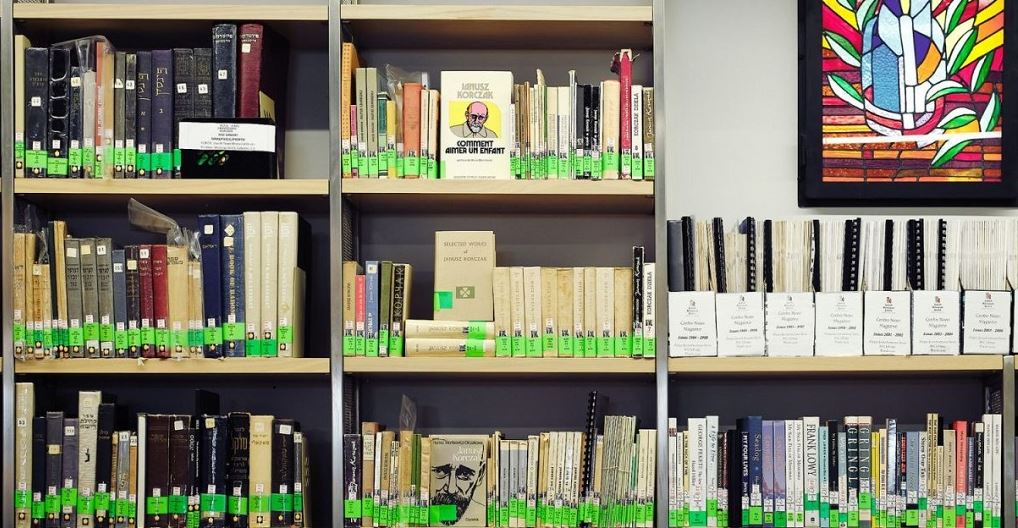 DISCOVER NOW
Established by survivor volunteers over 40 years ago, the MHM library is an important centre of
DISCOVER NOW
Established by survivor volunteers over 40 years ago, the MHM library is an important centre of
Holocaust resources and research.
Venture inside our space to study its unique architectural design, utilise our onsite services, study our comprehensive Holocaust collection and delve into our dedicated survivor memoir bookstore
Holocaust Resource Centre and Library
Explore Our Library Resources




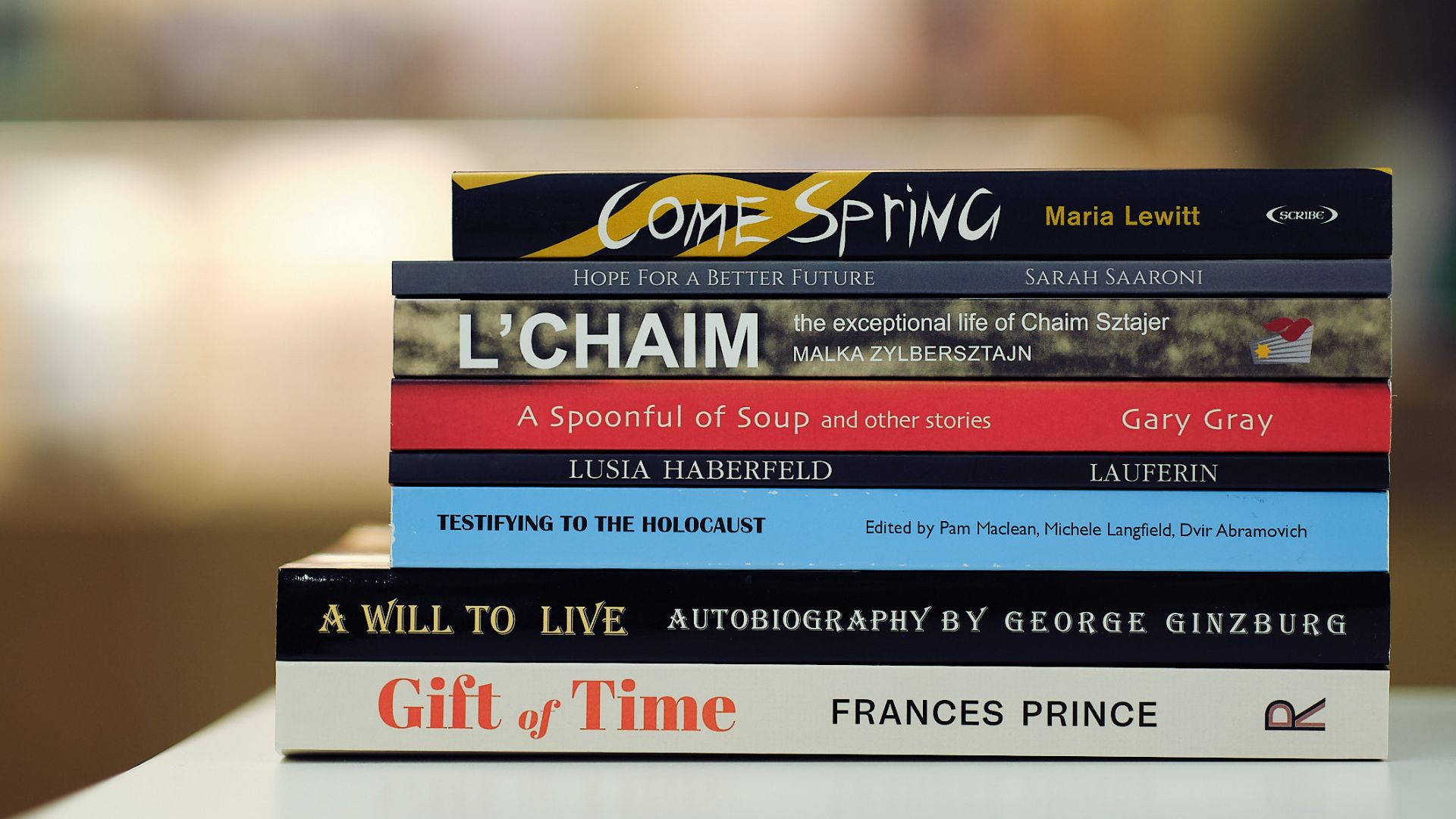 DISCOVER NOW
Our MHM Education team have compiled a list of recommended Holocaust films, books and survivor memoirs. These resources are based on criteria including historical accuracy, age appropriateness, character development, and literary value.
Learning Resources: Books and Flim Guides
Our Education Department's Recommendations
DISCOVER NOW
Our MHM Education team have compiled a list of recommended Holocaust films, books and survivor memoirs. These resources are based on criteria including historical accuracy, age appropriateness, character development, and literary value.
Learning Resources: Books and Flim Guides
Our Education Department's Recommendations


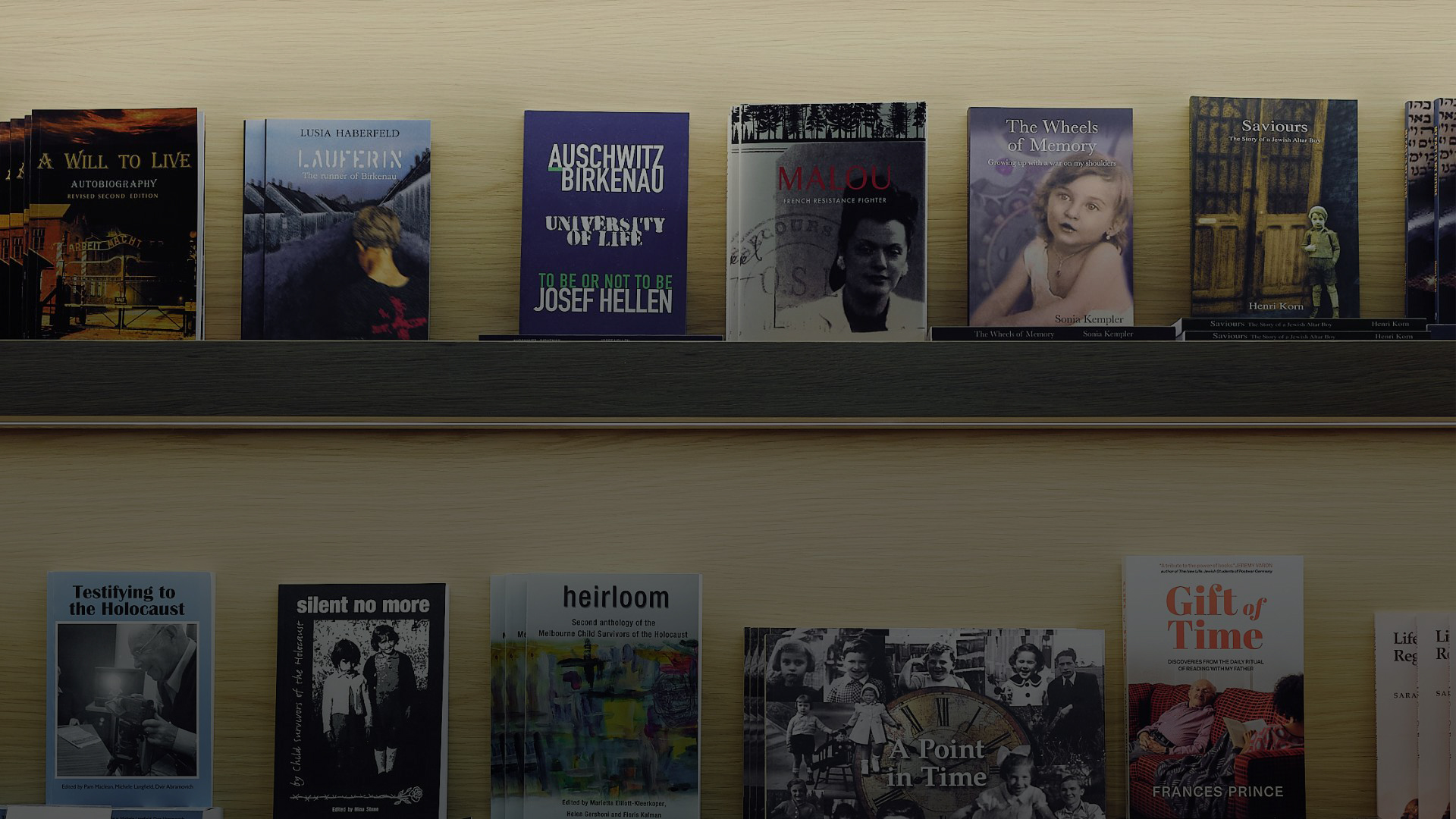

 DISCOVER NOW
Explore our Melbourne Holocaust survivor bookstore.
DISCOVER NOW
Explore our Melbourne Holocaust survivor bookstore.
The Melbourne Holocaust Museum is committed to preserving the voices of Holocaust survivors.
Our catalogue holds more than 60 memoirs by survivors who rebuilt their lives and made their mark in Melbourne after surviving the Holocaust.
More than half of this catalogue is comprised of memoirs by survivors who dedicated their time as volunteers for our Melbourne Holocaust Museum.
Publications are available from our Museum bookstore within our library or ordering online.
Bookstore
PURCHASE MELBOURNE SURVIVOR STORIES

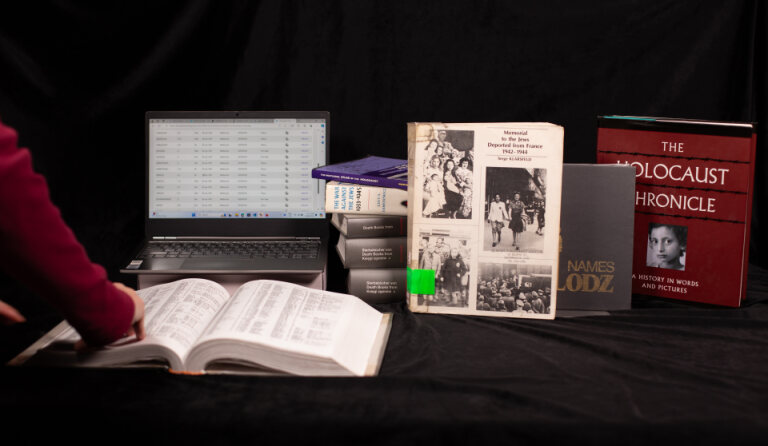


 DISCOVER NOW
There are many renowned Australian and international sources and online databases you can freely search for your ongoing, independent Holocaust research and persons tracing.
DISCOVER NOW
There are many renowned Australian and international sources and online databases you can freely search for your ongoing, independent Holocaust research and persons tracing.
Explore our extensive list of recommended links outside Melbourne Holocaust Museum to guide your research.
Research Tips & Links
Start Researching here

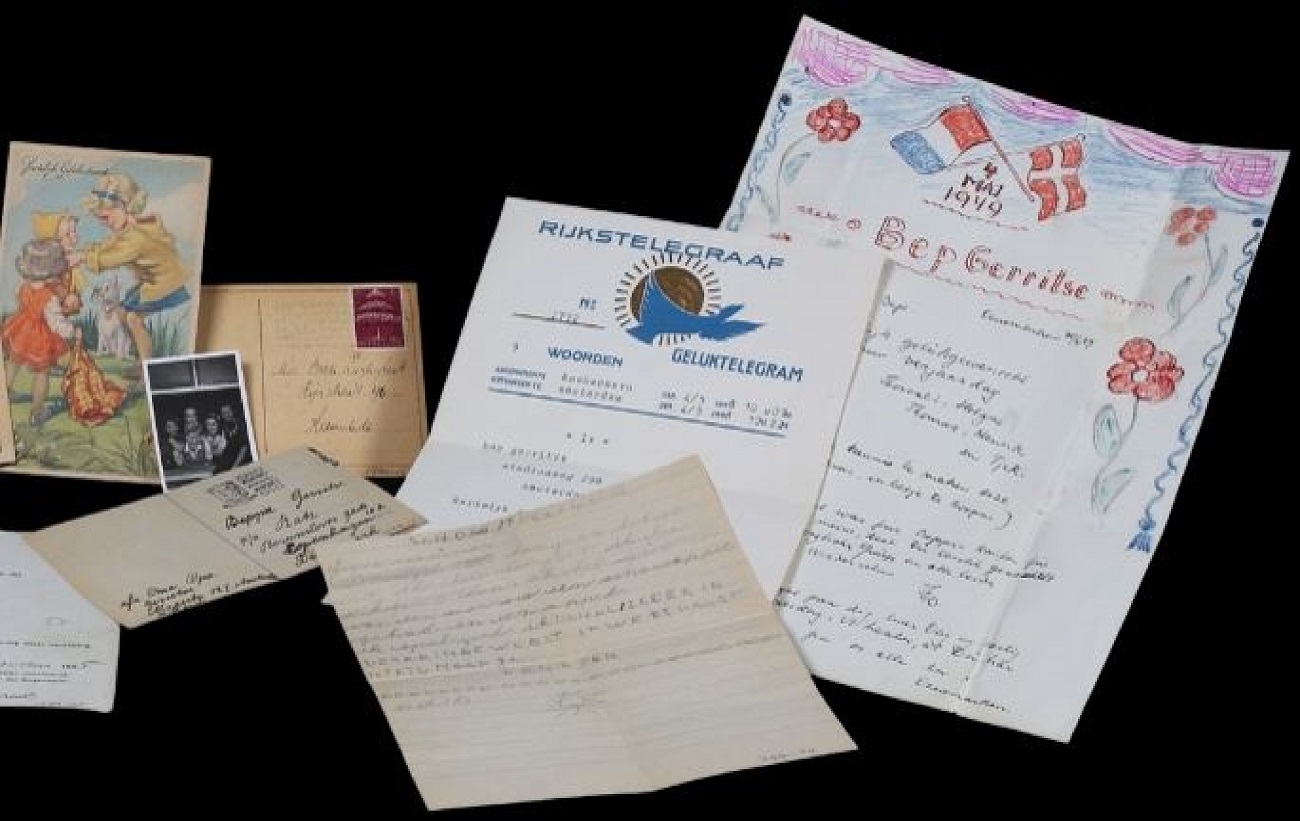


 DISCOVER NOW
At the MHM, we house original artefacts, survivor testimonies and research materials relating to pre-war Jewish life, the rise of Nazism, the Holocaust, and the aftermath.
DISCOVER NOW
At the MHM, we house original artefacts, survivor testimonies and research materials relating to pre-war Jewish life, the rise of Nazism, the Holocaust, and the aftermath.
These vital primary sources and testimonies document the personal experiences of Melbourne’s survivor community, and honour the people – and the world – they lost. Our Collection continues to grow, and much of it is accessible online.
MHM Collections Online
Discover our Testimonies/
artefacts

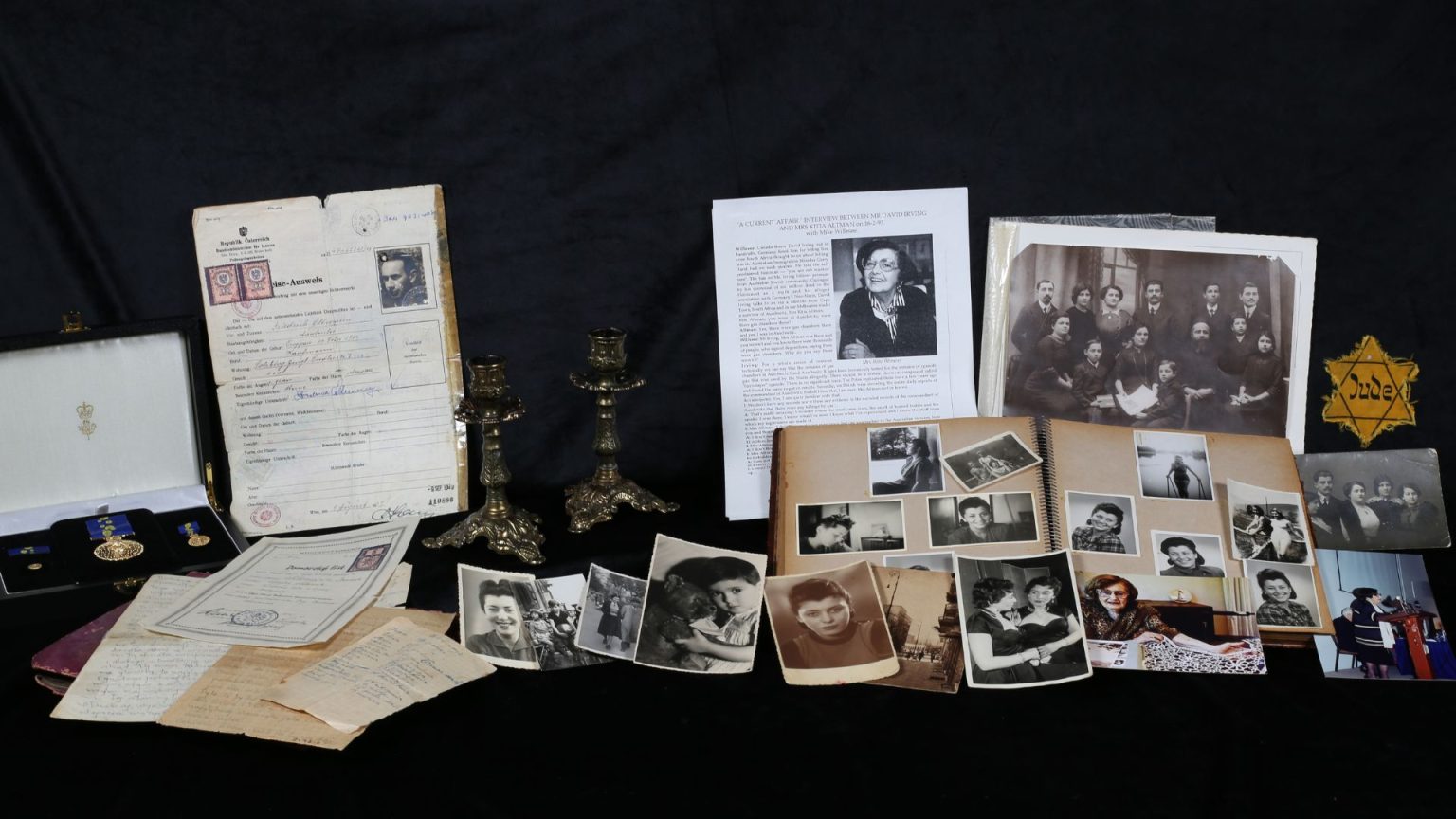


 DISCOVER NOW
Since 1984, Melbourne’s Holocaust survivors and their families have donated items of historical significance and research value which stand as proof of the lives and experiences of Jewish people during the Holocaust.
DISCOVER NOW
Since 1984, Melbourne’s Holocaust survivors and their families have donated items of historical significance and research value which stand as proof of the lives and experiences of Jewish people during the Holocaust.
Our Archival Collection contains over 12,000 donated original historical items including documents, photographs, letters, and objects.
The Testimonies Collection presents over 1200 oral histories and recollections of Melbourne’s survivors which can be requested for viewing.
Collection Artefacts & Testimonies
More About Our Collections

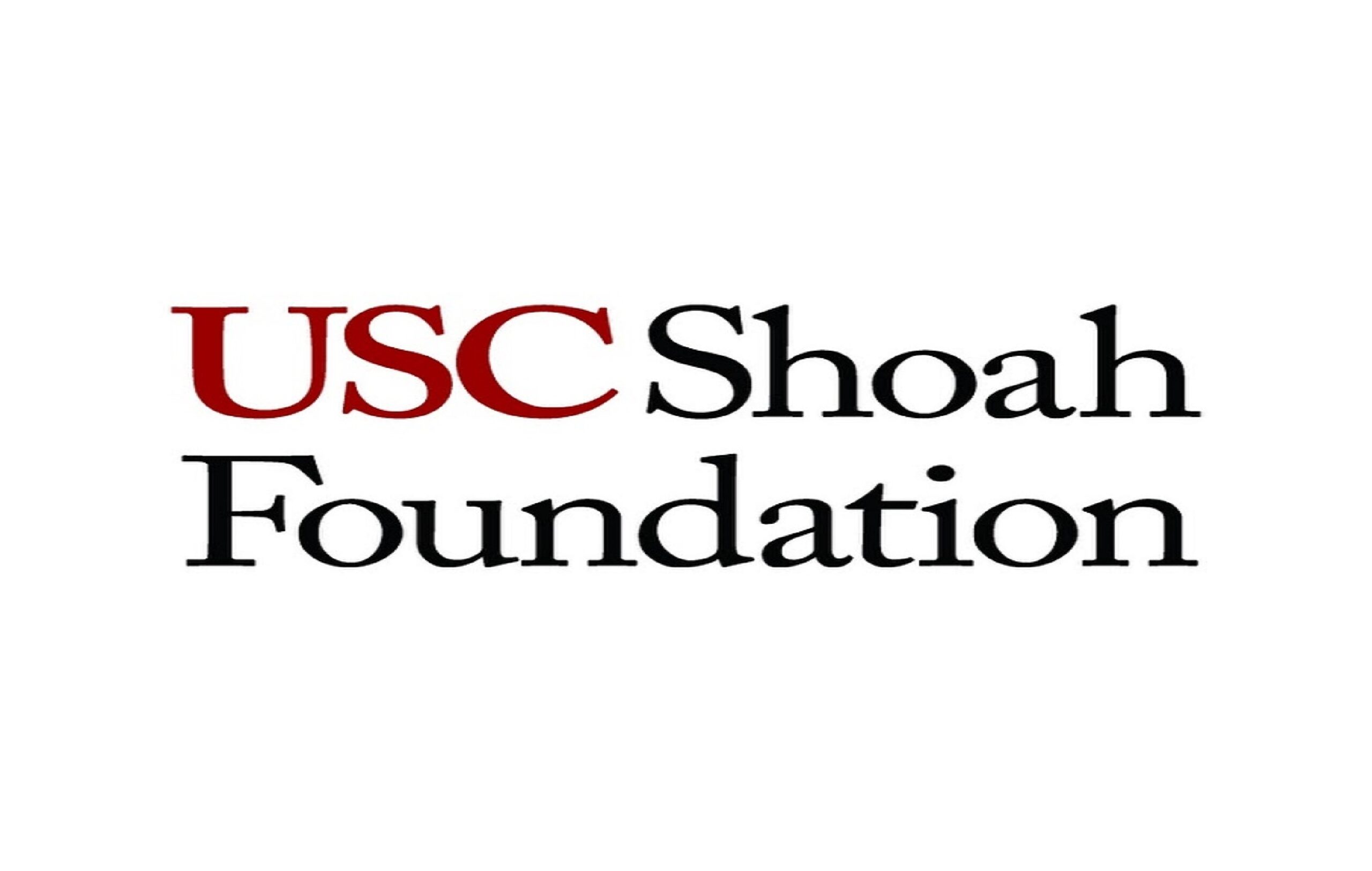


 DISCOVER NOW
Following the release of Steven Spielberg’s highly decorated film “Schindler’s List” in 1993, Spielberg and The University of Southern California (USC) established the Shoah Foundation Visual History Archive (VHA) in 1994.
DISCOVER NOW
Following the release of Steven Spielberg’s highly decorated film “Schindler’s List” in 1993, Spielberg and The University of Southern California (USC) established the Shoah Foundation Visual History Archive (VHA) in 1994.
The archive contains more than 55,000 video testimonies of survivors and witnesses of genocide, crimes against humanity, and related persecution.
Make an appointment to access testimonies onsite
at the MHM Library: library@mhm.org.au
USC Shoah Foundation Testimonies

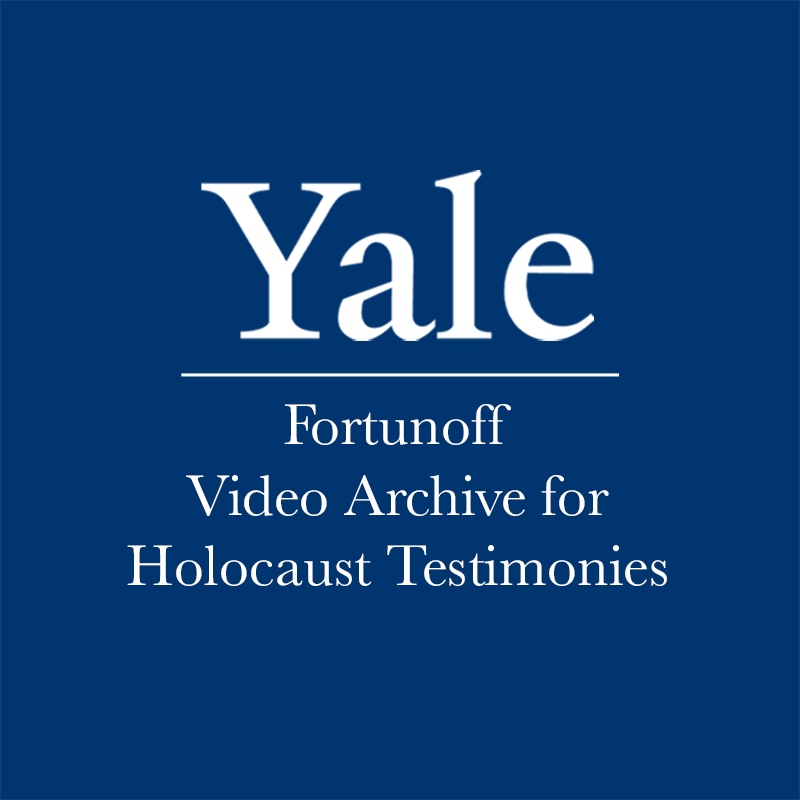


 DISCOVER NOW
The Fortunoff Archive currently holds more than 4,400 testimonies, which are comprised of over 12,000 recorded hours of videotape.
DISCOVER NOW
The Fortunoff Archive currently holds more than 4,400 testimonies, which are comprised of over 12,000 recorded hours of videotape.
The Fortunoff Archive and its affiliates recorded the testimonies of willing individuals with first-hand experience of the Nazi persecutions, including those who were in hiding, survivors, bystanders, resistants, and liberators.
Yale University: Fortunoff

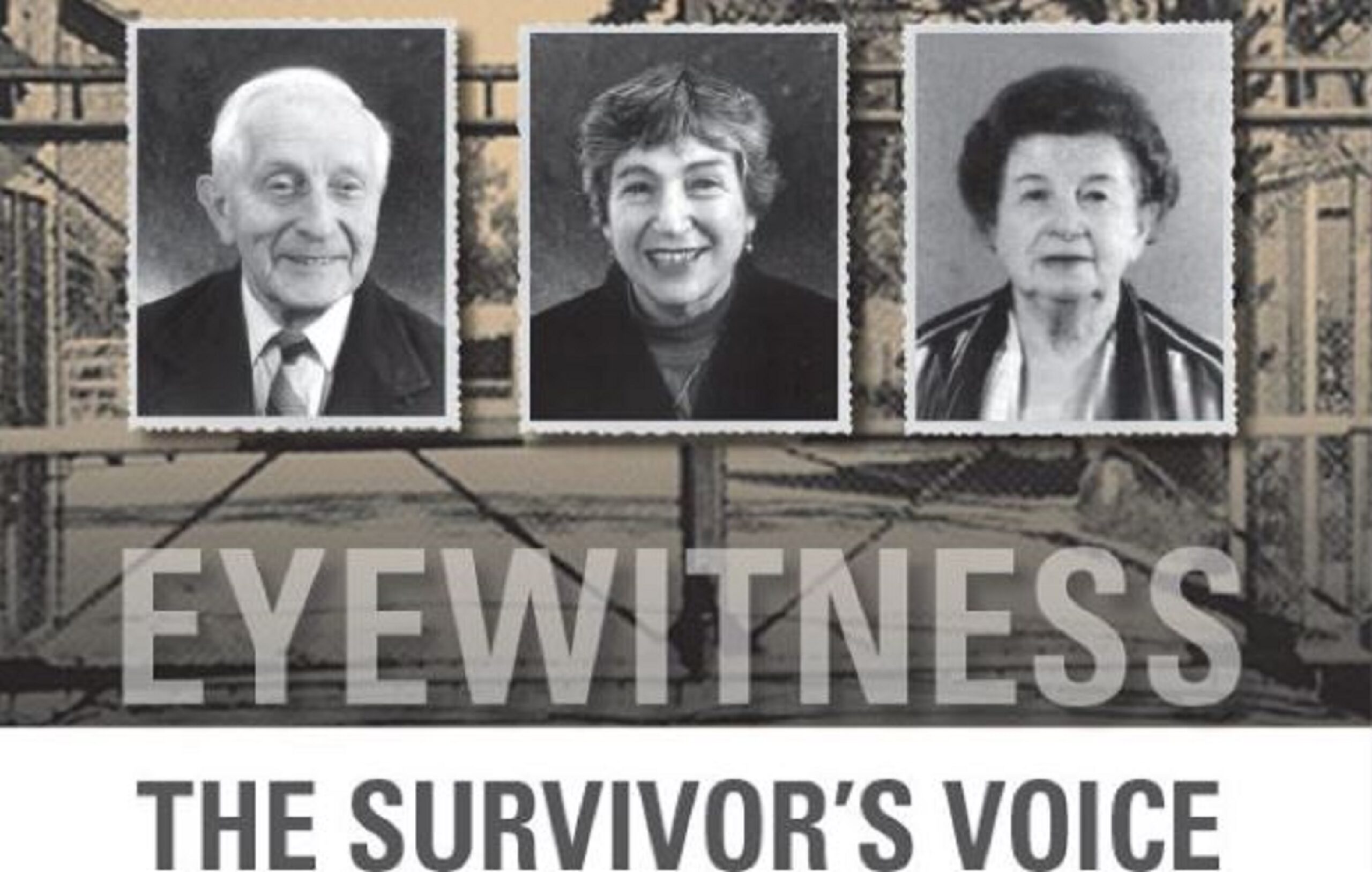
 DISCOVER NOW
DISCOVER NOW

 The Eyewitness Project, consisting of 40 recordings, commenced in 2002 at the Melbourne Holocaust Museum (formerly Jewish Holocaust Centre) aiming to preserve the tradition of the 15-minute talks given by survivor guides to students.
The Eyewitness Project, consisting of 40 recordings, commenced in 2002 at the Melbourne Holocaust Museum (formerly Jewish Holocaust Centre) aiming to preserve the tradition of the 15-minute talks given by survivor guides to students.
Survivor guides' personal stories enabled students to engage with history and events that were otherwise alien and difficult to understand.
'Eyewitness' enables the survivors’ voices to live on in the museum for years to come.
Eyewitness: The Survivor's Voice

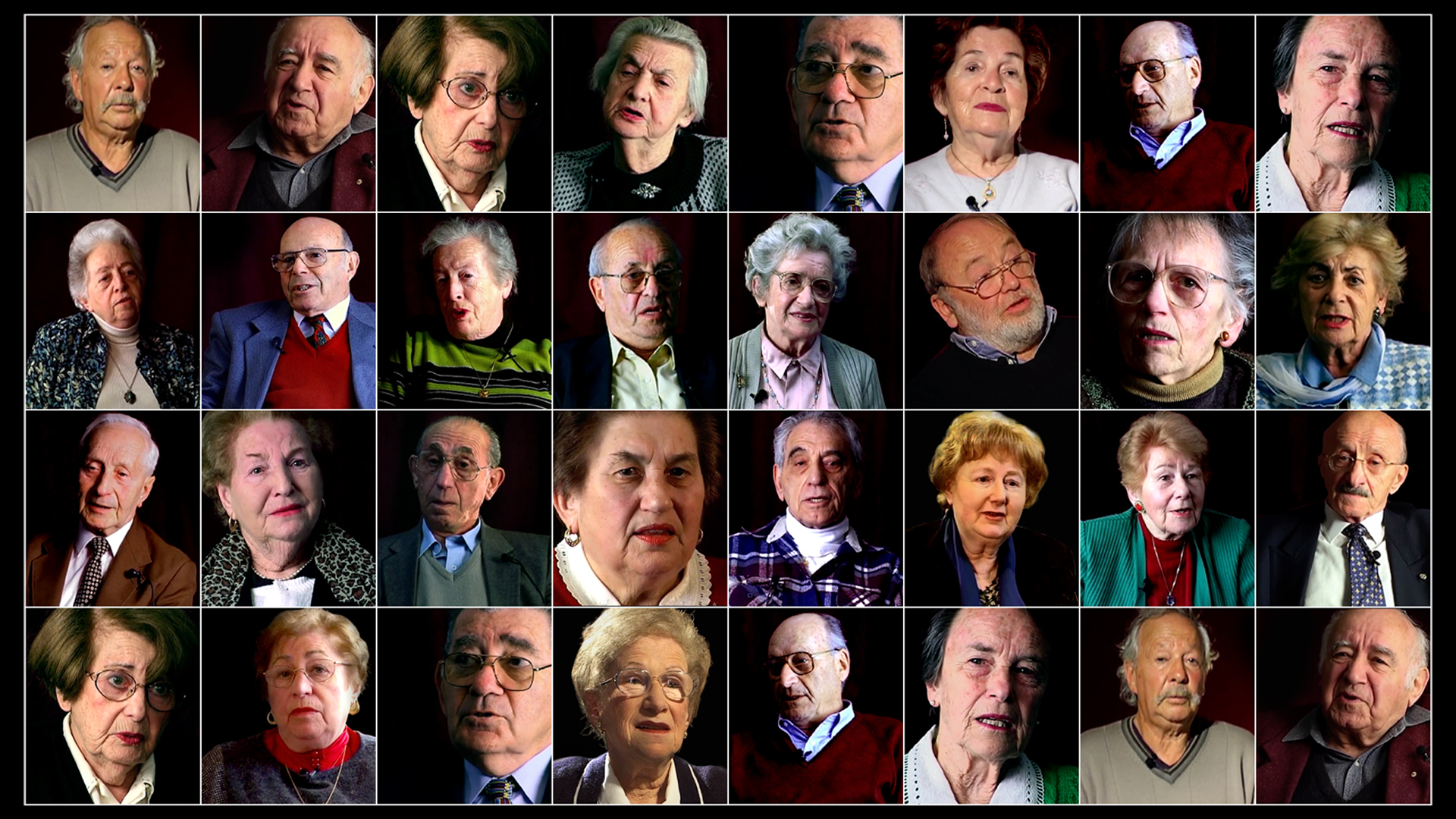

 Meet 26 Melbourne-based Holocaust survivors in this interactive program.
Meet 26 Melbourne-based Holocaust survivors in this interactive program.
Understanding through Testimony showcases one-minute extracts of our survivor testimonies through the specific phases of the Holocaust:
1. The rise of Nazism
2. Outbreak of the war
3. Ghettos
4. The camps
5. Survival and life after
These firsthand accounts add individual voices to a collective experience
– and will help you understand the impact of the Holocaust events on the Jewish people.
Understanding Through Testimony
 Understanding Through Testimony
DISCOVER NOW
Understanding Through Testimony
DISCOVER NOW

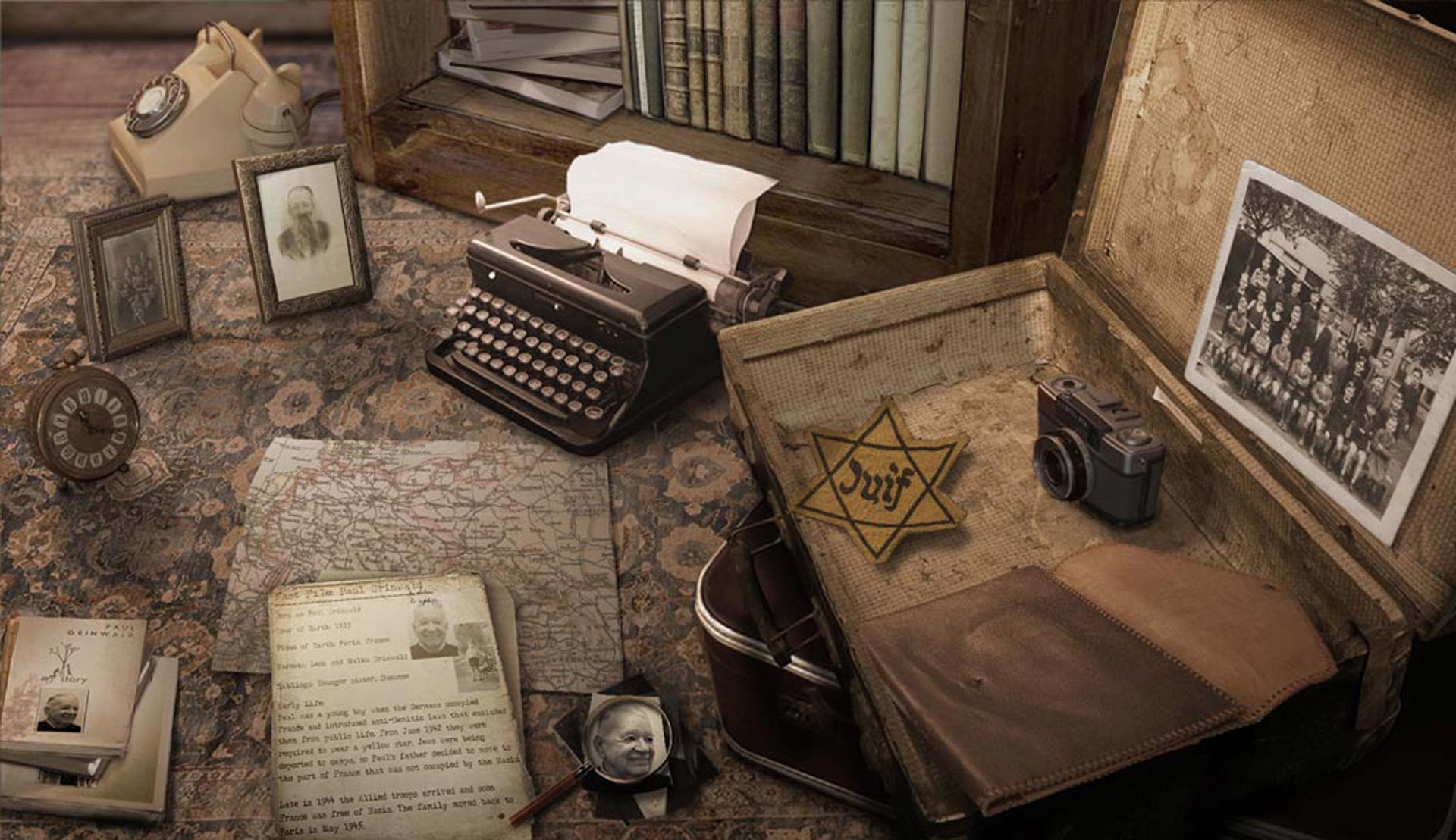 DISCOVER NOW
''StoryPods' feature the inspiring stories of Holocaust survivors who have volunteered as museum guides at the Melbourne Holocaust Museum (MHM). Click on their portraits and objects to find out more about their experiences and contributions.
StoryPods
DISCOVER NOW
''StoryPods' feature the inspiring stories of Holocaust survivors who have volunteered as museum guides at the Melbourne Holocaust Museum (MHM). Click on their portraits and objects to find out more about their experiences and contributions.
StoryPods


 Interact with survivors' memories
Interact with survivors' memories

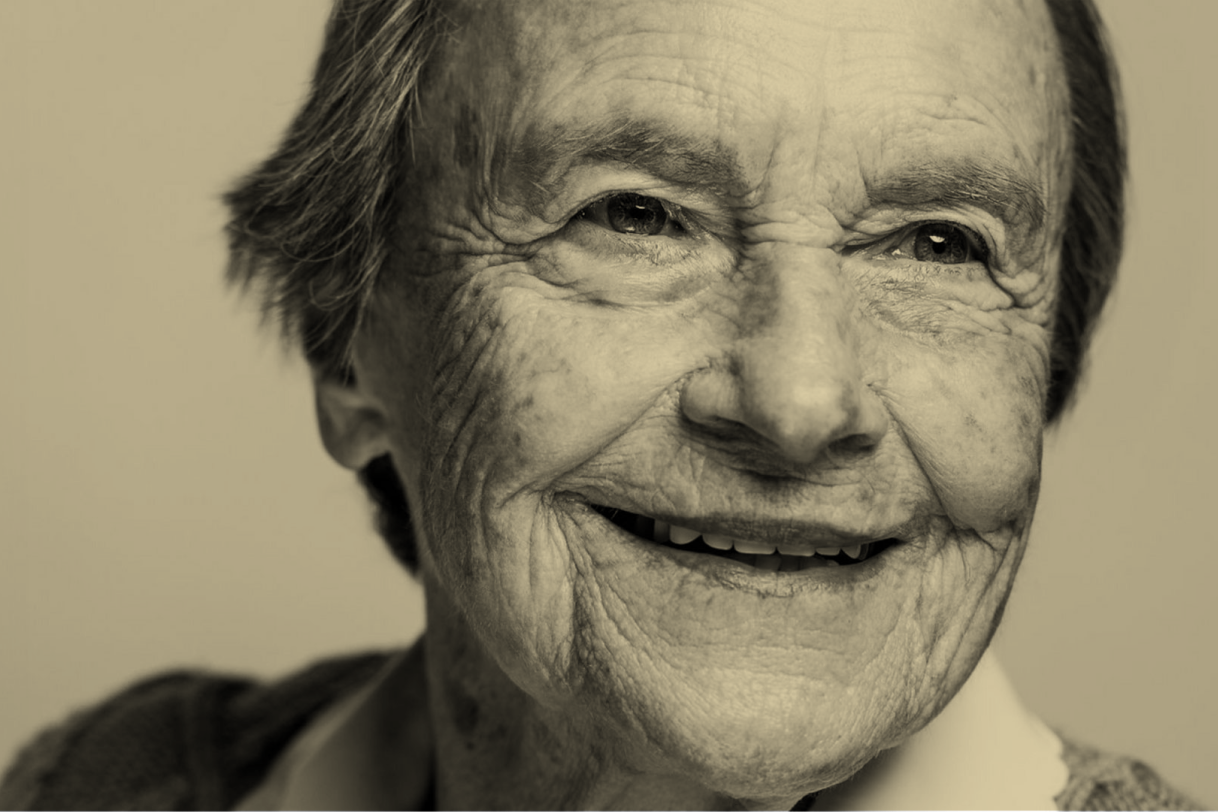 This interactive experience allows you to engage with survivor testimony in a unique way.
This interactive experience allows you to engage with survivor testimony in a unique way.
Instead of listening to a personal account chronologically, you can choose from one of 18 common questions – and choose a Holocaust survivor to answer it.
This gives you the chance to see the similarities and differences in the survivors’ answers.
ASK A SURVIVOR
 18 Questions Answered
18 Questions Answered

 DISCOVER NOW
DISCOVER NOW

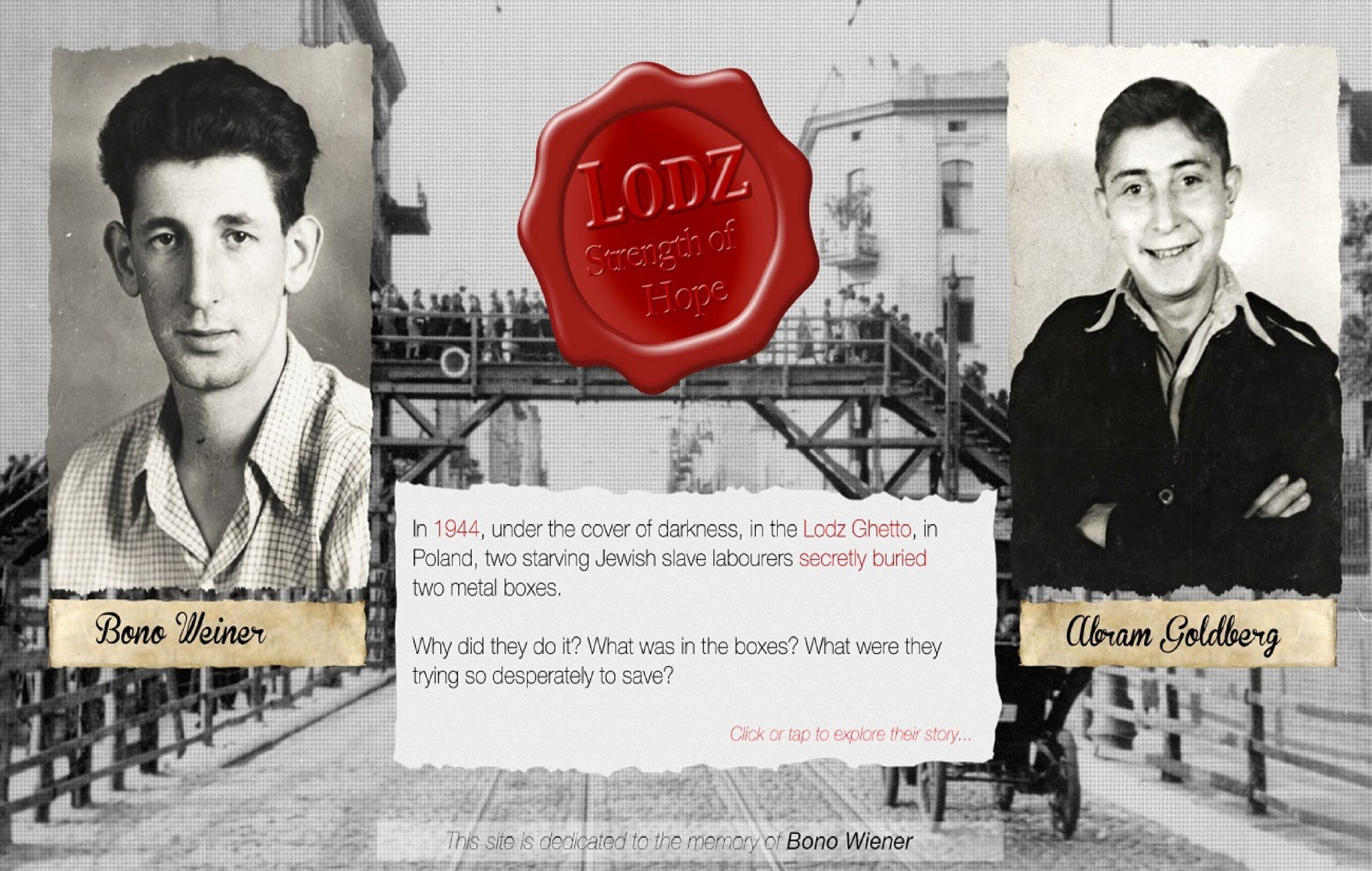 DISCOVER NOW
The Melbourne Holocaust Museum Collection holds an important archive of original material from the Lodz Ghetto. Some artefacts came from Bono Wiener and Abram Goldberg, who buried two boxes of documents and other material just prior to their deportation to Auschwitz.
DISCOVER NOW
The Melbourne Holocaust Museum Collection holds an important archive of original material from the Lodz Ghetto. Some artefacts came from Bono Wiener and Abram Goldberg, who buried two boxes of documents and other material just prior to their deportation to Auschwitz.
Sadly, only one box was retrieved, the other cache was stolen.
Lodz: Strength of Hope
Explore this
Online Exhibition




 Click here to Search
The Holocaust was a tragic period in history, and understanding its full impact requires thorough research. Google Search can be a powerful tool to explore various aspects of this event, providing access to scholarly articles, historical documents, survivor testimonies, and educational resources.
Researching the Holocaust with Google
Click here to Search
The Holocaust was a tragic period in history, and understanding its full impact requires thorough research. Google Search can be a powerful tool to explore various aspects of this event, providing access to scholarly articles, historical documents, survivor testimonies, and educational resources.
Researching the Holocaust with Google
































